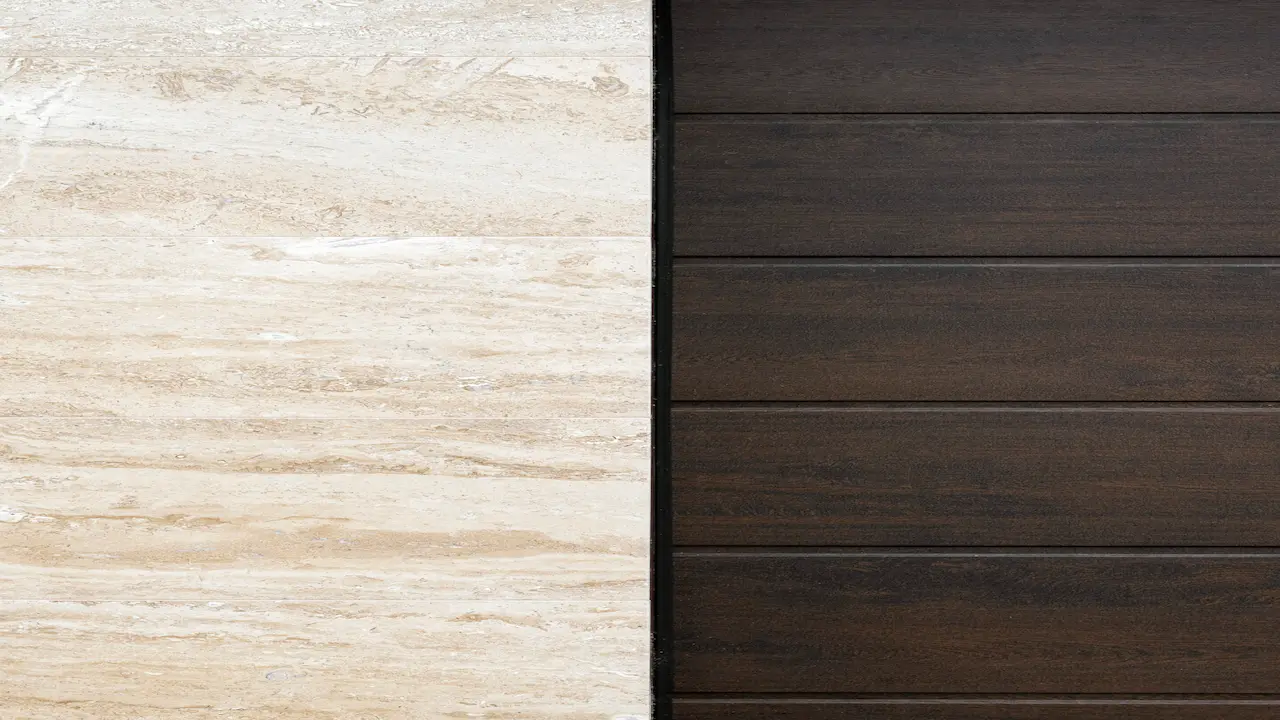Introduction to Vinyl Flooring Types
Vinyl Plank Flooring (Luxury Vinyl): The Modern Classic
Vinyl flooring planks have surged in popularity, often referred to as “luxury vinyl” due to their high-end aesthetics and performance.
Each vinyl plank resembles a genuine wood piece, complete with intricate grain patterns and textures.
This makes them ideal for recreating the warmth and elegance of hardwood floors without the maintenance headaches or hefty price tag.
Installation is generally a breeze, often utilizing a click-lock system that allows for DIY installation in many cases. Vinyl planks are also known for their impressive durability.
They resist scratches, dents, and moisture better than traditional sheet vinyl, making them suitable for high-traffic areas like kitchens and entryways.
Moreover, advancements in manufacturing mean modern vinyl planks offer excellent dimensional stability, minimizing warping or buckling over time – a common concern with older vinyl flooring types.
Delving into Vinyl Sheet Flooring: Seamless Style and Simplicity
Vinyl sheets, on the other hand, present a uniform, seamless look across your floor space. This single-piece format eliminates grout lines, making cleaning a breeze and reducing potential dirt traps.
They come in vast color and pattern variations, including realistic stone or tile mimics, catering to diverse design preferences.
Sheet vinyl often boasts affordability compared to planks, making it an attractive choice for budget-conscious homeowners.
Installation is generally straightforward, especially with professional help, as large sheets are laid down and heat-welded together for a secure fit.
Comparing Durability and Longevity: A Matter of Perspective
While both types offer durability, vinyl planks generally edge out in long-term resilience due to their thicker construction and enhanced scratch resistance.
High-quality luxury vinyl planks with a rigid core can withstand heavy foot traffic and furniture movement exceptionally well, often lasting 20 years or more with proper care.
Vinyl sheets, while durable, might show wear patterns or minor tears more readily in high-traffic zones over extended periods.
However, newer commercial-grade sheet vinyls are closing the gap significantly in terms of longevity.
Ultimately, lifespan depends on factors like thickness, quality (look for higher density and wear layers), foot traffic, and maintenance practices. Both options represent a worthwhile investment for long-lasting floor beauty.
Installation Considerations: A DIY-Friendly Choice?
Vinyl planks often appeal to DIYers due to their click-lock systems, allowing relatively easy installation without specialized tools.
However, complex patterns or large spaces might require professional assistance for seamless results.
Vinyl sheets, while simpler in covering a continuous area, benefit from professional expertise for precise cutting and heat welding seams to prevent future lifting or water seepage.
Cost Efficiency: Finding Your Value Proposition
Generally, vinyl sheets offer a lower initial cost per square foot compared to luxury vinyl planks. However, consider the “total cost of ownership.”
Planks often require less frequent replacement due to their superior durability, potentially saving money in the long run.
Factor in installation costs as well; while DIY is viable for planks, professional vinyl flooring installation might be more prudent for seamless sheet flooring results.
